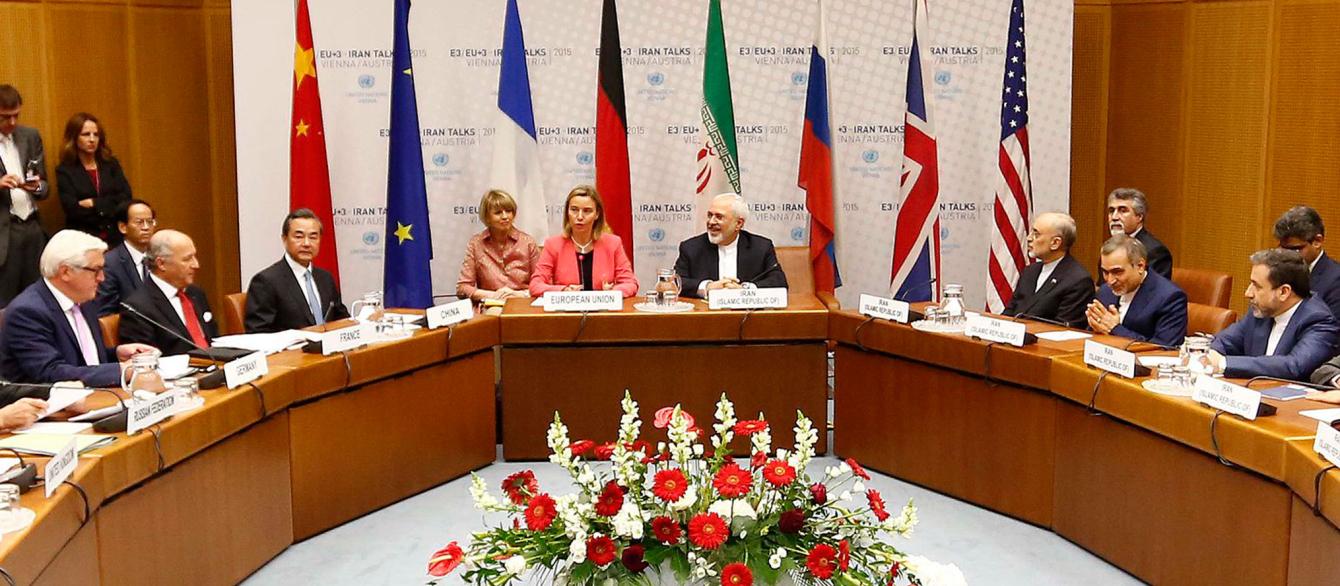Nuclear diplomacy is evidencing a growing polarization between nuclear armed states and abolition advocates. This results in a negotiation gridlock particularly affecting multilateral cooperation towards disarmament in a nuclear order under stress. Finding ways to bridge the divisions between nuclear armed states and abolitionists in multilateral forums is necessary to cap polarization, increase understanding across nations, and create the conditions for discussions to further nuclear disarmament.
Highlighting the role of language in negotiation, this report provides a comparison of the language currently used by different states, identifying potential areas of misunderstanding, areas of commonality, and amplification of alternative vocabulary to provide policy recommendations to help bridge gaps between polarized groups. Through textual analysis and interviews with government officials covering the period 2015–2020, the report focuses on the United States and Russia as nuclear armed states; Costa Rica and South Africa as abolitionist states; and Sweden as a bridge state.
This report was produced by Álfrún Perla Baldursdóttir, Jessica Bufford, María Garzón Maceda, and Maria Roskoshnaya during the 2020–2021 Arms Control Negotiation Academy (ACONA).




